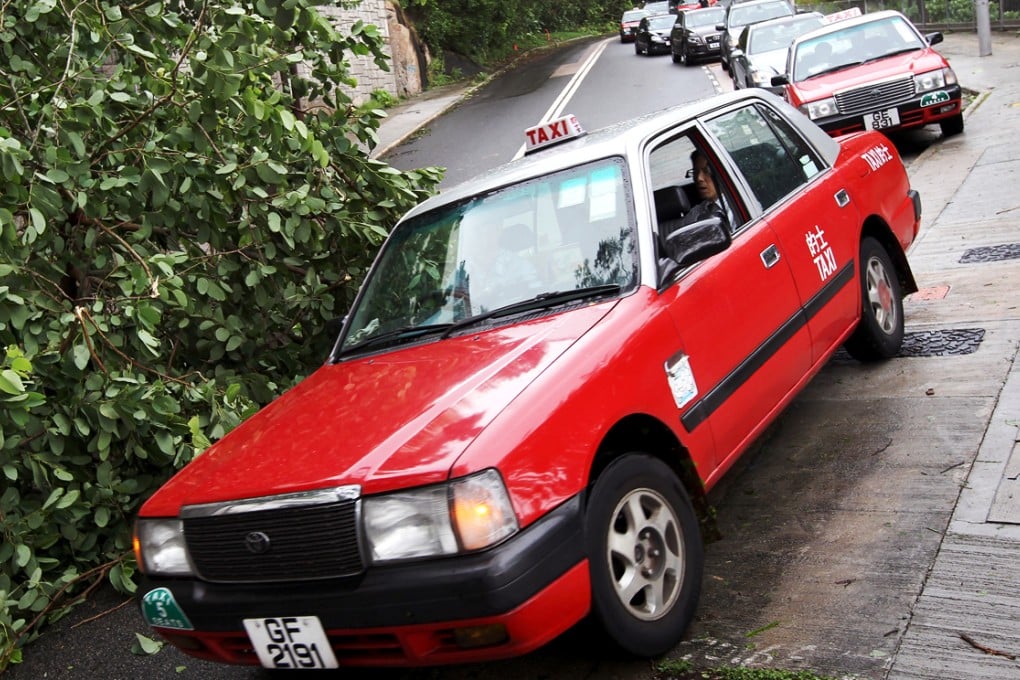Hong Kong taxi drivers must learn that their duty is to serve the public
Taxis are an integral part of the city's transport system. We were reminded of this during the drawn-out Occupy Central sit-ins.

Taxis are an integral part of the city's transport system. We were reminded of this during the drawn-out Occupy Central sit-ins, when drivers and regular cab patrons found they were just as inconvenienced as many bus and tram passengers by road closures, detours and traffic gridlocks.
In these circumstances, most passengers were understanding about irritating practices that became more frequent during that time - such as inquiring about the destination before accepting a fare, or refusing carriage when told of the destination. Unfortunately, anecdotal evidence suggests that since Occupy ended, it is happening more often.
One example involved a former senior civil servant who, during a confrontation when refused carriage from Central to Kowloon late at night, is alleged to have assaulted a taxi driver. Police later released the former official unconditionally.
It has long been accepted that many Hong Kong taxi drivers are unwilling to cross the harbour to Kowloon, especially during congested rush hours, and vice versa. That compares badly with London or New York cab drivers, who will go almost anywhere the passenger wants. The excuse that the drivers are not familiar with the roads is unconvincing given the popularity of GPS functions on smartphones.
Drivers are not supposed to refuse carriage for their own convenience or because they are not confident of their local knowledge - and for good reason. Such choosiness undermines the point of having taxis for public transport services.
The incident between the former civil servant and the driver was isolated and does not call into question the overall reputation of our taxi drivers for being hard-working, safe and obliging for modest reward. But reputation is easily compromised by random refusal of service. Taxis are, after all, a service industry. Owners and drivers should keep in mind that the cars are there to provide an essential service. A good first step would be for the industry to get rid of practices like the Kowloon example that do nothing for service to the public.
